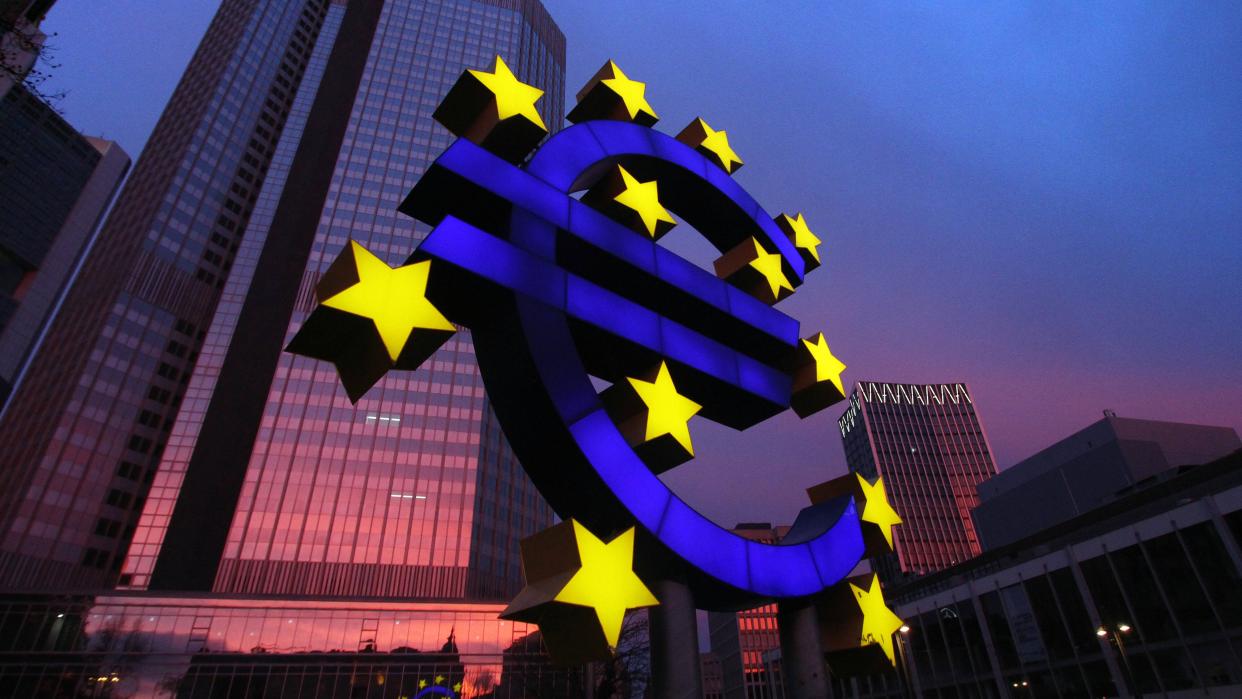The ECB is expected to introduce further measures to stimulate the economy of the Eurozone when its governing council meets Thursday, March 10. The Inflation in the region is putting immense pressure on the European Central Bank President Draghi Mario to act.
The yearly rate of inflation currently stands at -0.2% which is much below the bank’s target of under 2%. The -0.2% is a figure that weakens the economies of countries using the Euro currency. The President of ECB is expected to cut the deposit rate for money from the commercial banks further into the negative.
Such a move is meant to encourage banks to lend more and boost the economy theoretically. The deposit rate for money from commercial banks stands at -0.3% that means they must pay to keep money with ECB. The negative rate is an experimental move for EBC to meets its inflation targets. The EBC is also expected to expand the bond-buying program to regulate the newly printed notes into the economy.
The EBC might also decide to buy 60 billion Euros of bonds in a month, and the bank uses the newly printed cash to buy private sector and government bond. This strategy pushes more money into the banking system with the anticipation that the money will be loaned to consumers and businesses. Theoretically, it is a measure that raises the economic activity and inflation.
Traders will monitor the effect of these actions by EBC on the Euro. Exports always benefit when the Euro fall against the major currencies. However, Marco Valli, euro zone economist fears that such an action by ECB may trap the economy in the negative rate battle. This is a situation where the central banks of the other countries such as Japan, Switzerland, and Sweden cutting their rates into the negative to encourage their currencies to weaken. Remember that if one currency falls the other will rise cancelling the effect of the stimulus measures.
